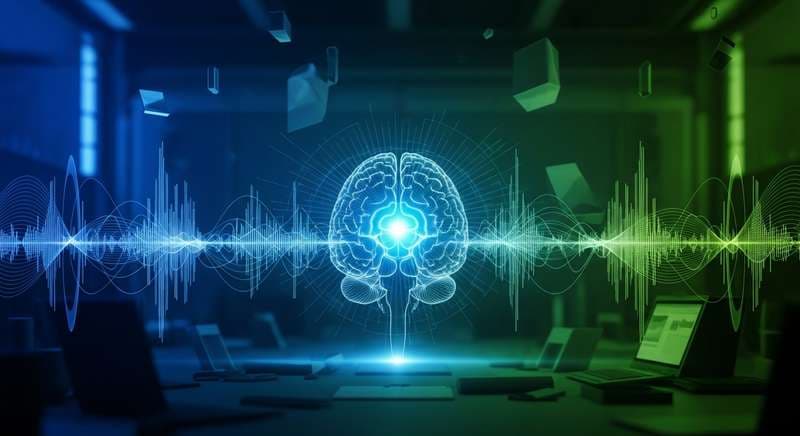
244
Views
Shares
In today’s world of constant distractions, staying focused has become one of the most valuable skills. Whether you’re studying, working, or engaging in creative projects, maintaining deep concentration can make the difference between an average outcome and extraordinary results. Interestingly, research has shown that music can play a key role in enhancing focus and productivity.
This article explores the science behind focus-enhancing music and how you can use sound strategically to achieve more in less time.
Why Focus Matters More Than Ever
- Attention is currency: In a digital world filled with notifications and endless scrolling, your ability to focus determines the quality of your work.
- Deep work = high value: Tasks that require creativity, problem-solving, or learning new concepts benefit the most from uninterrupted attention.
- Mental fatigue is real: Prolonged concentration drains the brain, but music can act as a refresh button for your mind.
How Music Influences the Brain
When you listen to the right kind of music, your brain responds in fascinating ways:
- Activates the Prefrontal Cortex
- Ambient and lo-fi beats activate areas of the brain linked to planning, decision-making, and problem-solving.
- Regulates Dopamine Release
- Music triggers dopamine, a neurotransmitter associated with motivation and reward, making tasks feel more enjoyable.
- Encourages Flow State
- Repetitive and predictable rhythms (like lo-fi or chill beats) help the brain enter a flow state, where distractions fade away and performance peaks.
The Best Types of Music for Deep Focus
Not all music improves focus — in fact, lyrics-heavy songs may hinder concentration. Instead, research and real-world experience point to these categories:
- Lo-Fi Beats: Relaxed drum patterns with vinyl crackle create a cozy “study room” vibe.
- Ambient Soundscapes: Long, evolving textures help block out distractions without demanding attention.
- Binaural Beats: Special frequencies that can stimulate alpha and beta brainwaves for sharper concentration.
- Classical & Minimal Piano: Instrumental music without sudden shifts is ideal for long study sessions.
Practical Tips for Using Music to Boost Focus
- Match tempo to task: For reading or writing, slow ambient music works. For repetitive tasks, slightly upbeat lo-fi beats can help.
- Use headphones: Immersive sound helps minimize distractions.
- Experiment with frequencies: Try 40 Hz binaural beats for deep work or 528 Hz tones for balanced focus.
- Avoid over-stimulation: Keep the volume moderate; music should support, not dominate.
Sleep Oasis: Focus Playlists
At Sleep Oasis, we’ve designed AI-generated playlists in categories like Chill Beats, Ambient Soundscapes, and Mindful Moments to help users achieve better focus. With carefully tuned soundscapes and cover art that enhances a calming visual experience, these playlists allow you to build your own distraction-free environment.
Conclusion
Music isn’t just entertainment — it’s a powerful productivity tool. By choosing the right sounds, you can sharpen your concentration, reduce stress, and complete tasks more efficiently. The science is clear: music enhances focus by aligning brainwaves, regulating mood, and encouraging flow states.
Next time you sit down to work, consider putting on a curated focus playlist. Your mind will thank you — and your productivity will prove it.